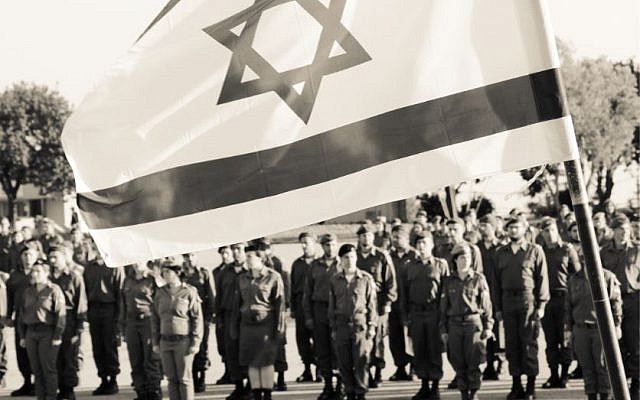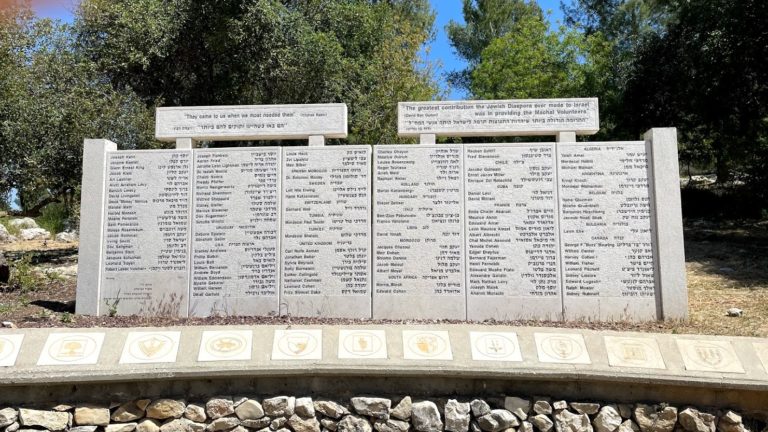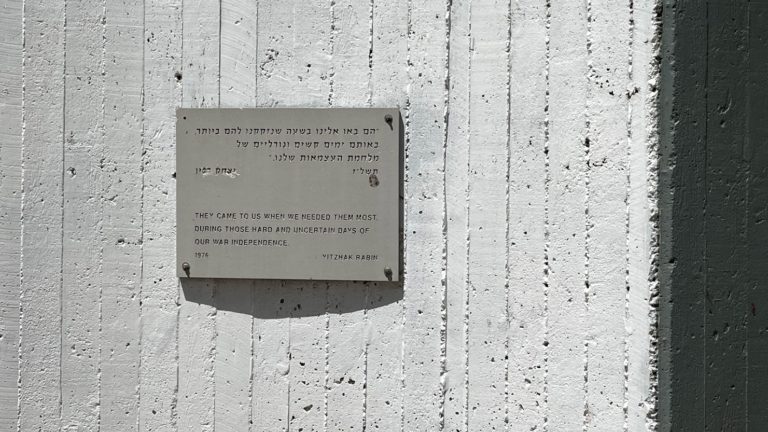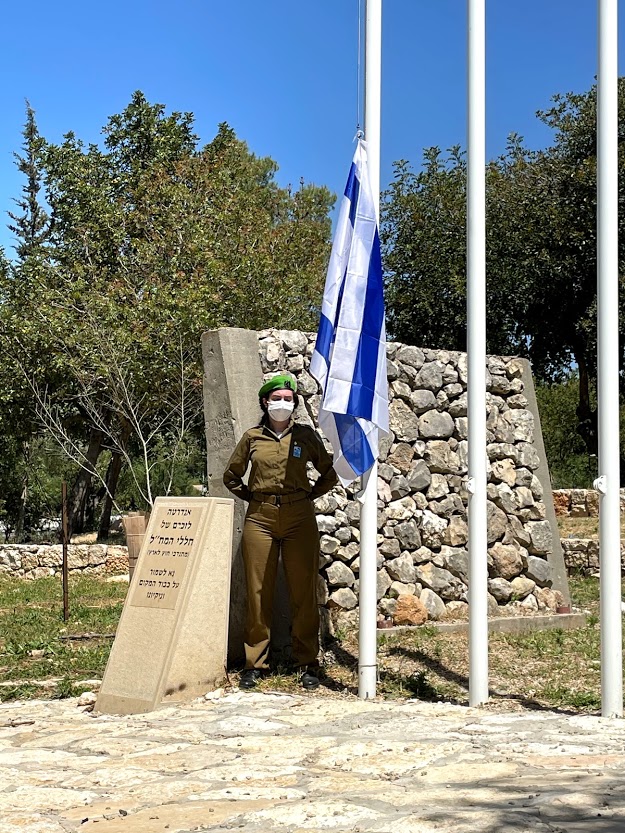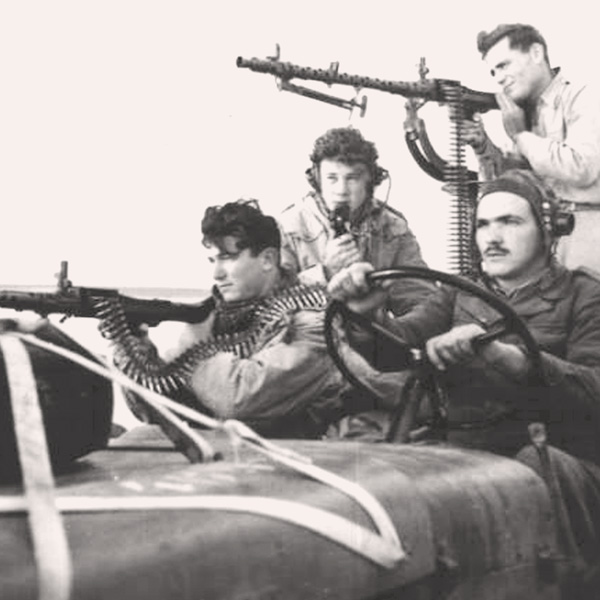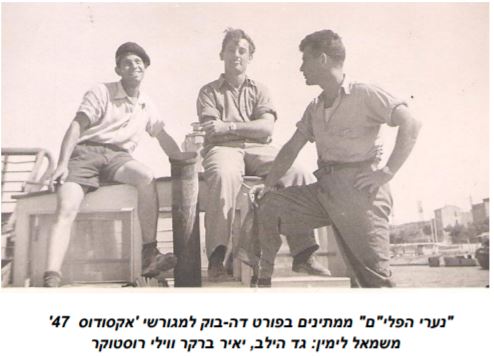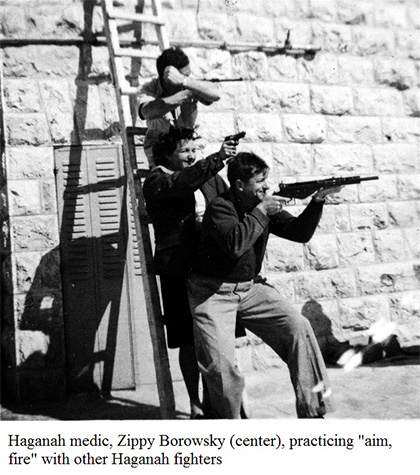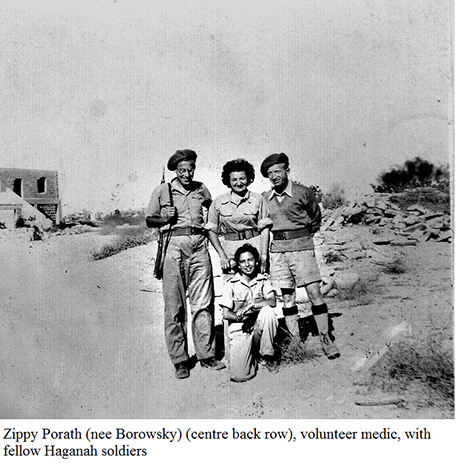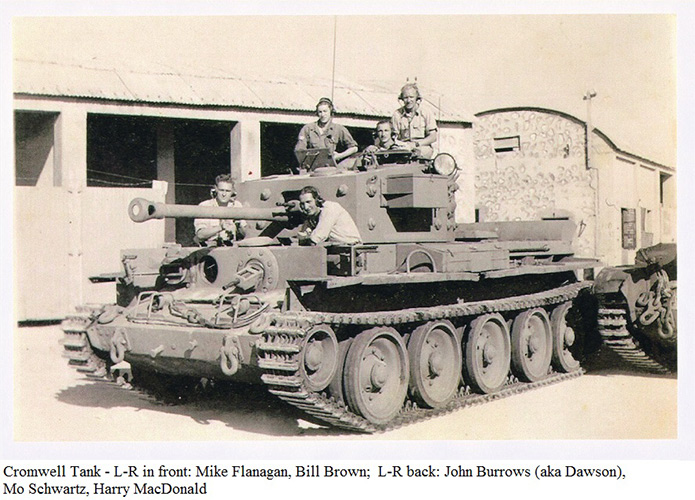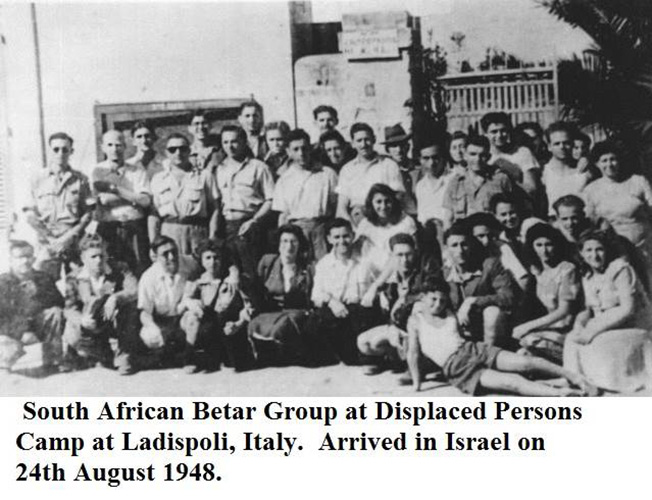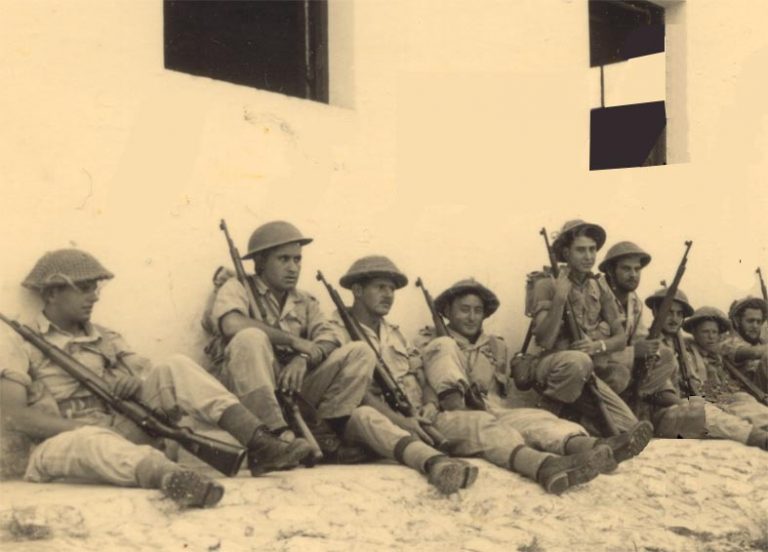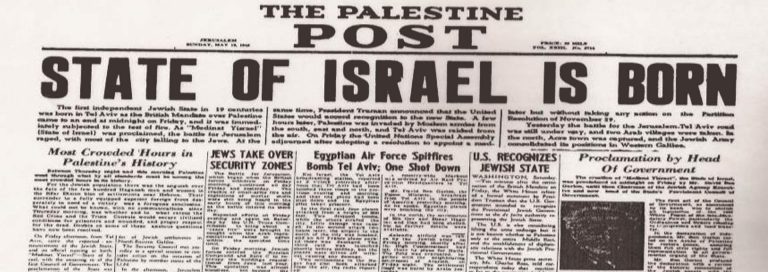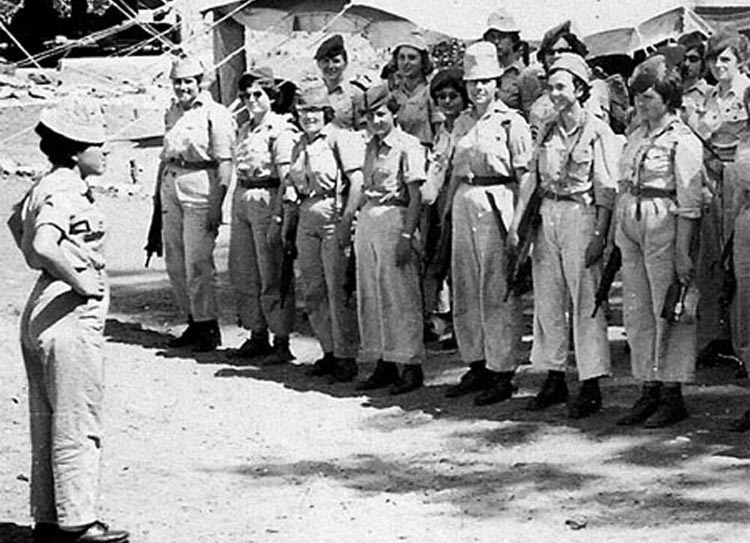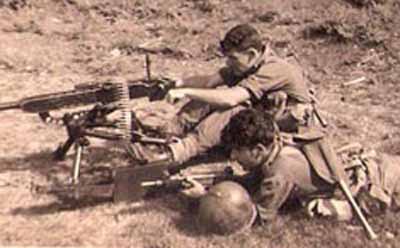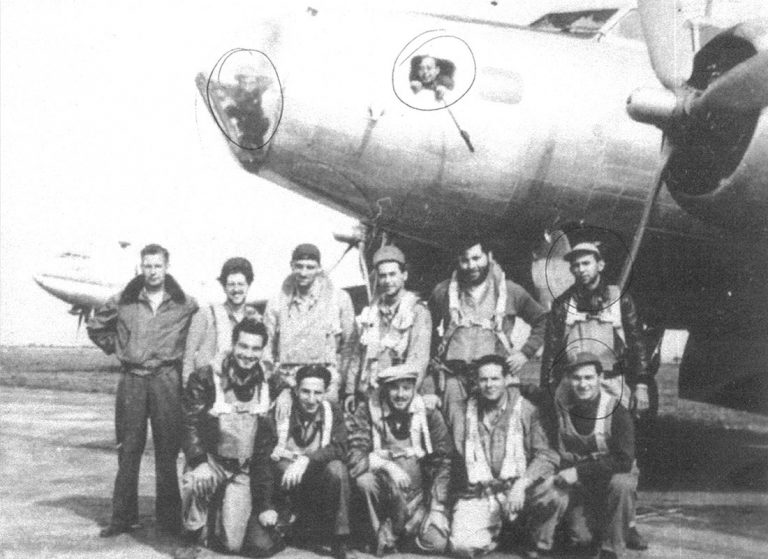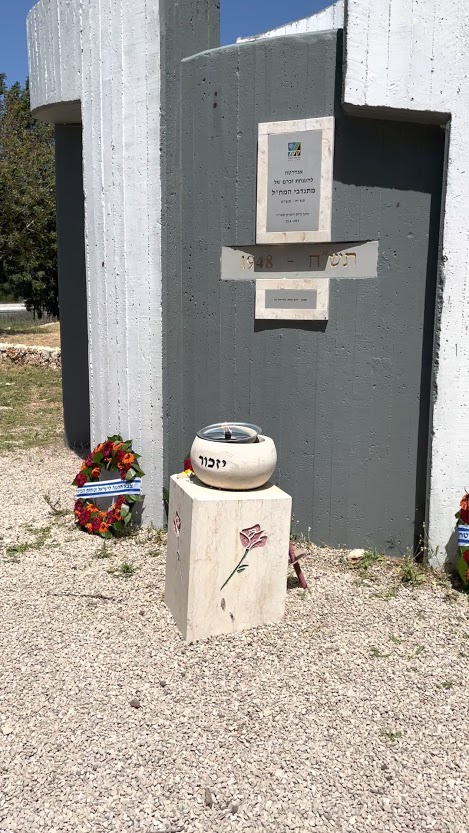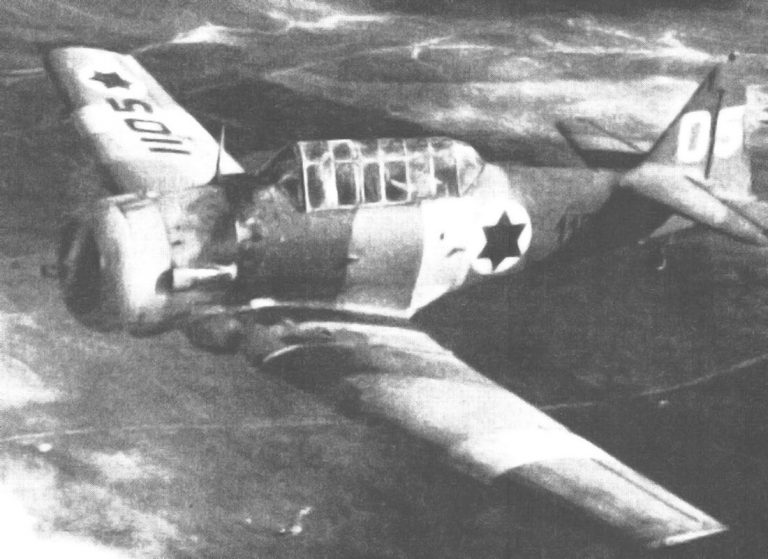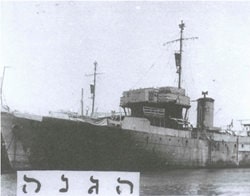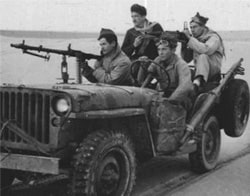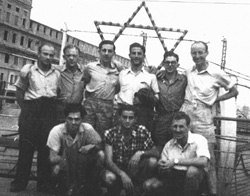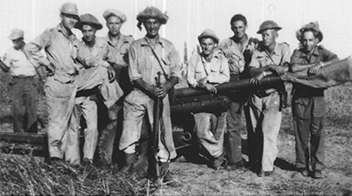Machal, short for “Mitnadvei Hutz LaAretz” meaning “volunteers from outside the land,” refers to the non-Israeli volunteers who fought in the 1948 Arab-Israeli War, also known as the 1948 Israel War of Independence.
In 1947, the United Nations voted to partition Palestine into separate Jewish and Arab states, with Jerusalem as an international city. This decision was accepted by the Jews, but rejected by the Arabs, who saw it as an unjust partition of their ancestral homeland. In response, Arab leaders and neighboring Arab states vowed to prevent the establishment of a Jewish state in Palestine.
On May 14, 1948, the British mandate over Palestine officially ended, and the State of Israel was declared. The next day, several Arab countries invaded the newly established state, setting off a series of battles and wars that would last for the next several years.
The War of Independence broke out as a result of the rejection of the United Nations partition plan by the Arabs and the desire of the Jews to establish a state in their ancestral homeland. The conflict was characterized by political, historical, and religious factors, and its legacy continues to shape the region to this day.
The war was a crucial moment in the formation of the State of Israel, as Jewish forces struggled against Arab militias and neighboring Arab states. The Haganah, the pre-state Jewish defense organization, had limited manpower and resources, and faced significant odds. In response, Jews from around the world answered the call to come and defend their homeland.
Machal was formed in 1948 as a result of an appeal by David Ben-Gurion, the future Prime Minister of Israel, for Jews from all over the world to come and help defend the nascent state. Over 4,500 volunteers from 58 countries responded to the call, including pilots, doctors, engineers, and soldiers. The Machal volunteers brought with them a wealth of military and professional experience, which helped the Haganah turn the tide of the war.
At the time Israel had a population of just over 600,000 and the the Palmach, Haganah, and Etzel were Jewish military organizations that played a role in the 1948 Arab-Israeli War. During the war, they were unified under the umbrella of the Haganah and their combined strength is estimated to have been around 100,000 soldiers.
The Palmach was a specialized strike force within the Haganah, with a strength of around 2,000 soldiers. It played a key role in various battles during the 1948 War of Independence, including the capture of strategic locations such as the Latrun Police Fort and the liberation of Jerusalem.
The Haganah was the pre-state Jewish defense organization in Palestine, and it was the largest of the Jewish military groups, with an estimated strength of around 70,000 soldiers. The Haganah played a key role in the defense of Jewish settlements, as well as offensive operations during the war.
Etzel, also known as the Irgun, was a right-wing underground Zionist organization that operated from 1931 to 1948. It had an estimated strength of around 3,000 soldiers and was involved in various military operations during the 1948 War of Independence, including the capture of strategic locations such as Jaffa and Acre.
It is important to note that these numbers are estimates and the actual strength of each organization may have varied throughout the war. Nevertheless, the combined strength of these groups, along with other Jewish military organizations, was crucial in securing the establishment of the State of Israel in 1948.
In addition to the airforce, Machal volunteers also served in the army, navy and medical corps, providing critical support and expertise in a time of great need. They fought in some of the toughest battles of the war, including the Battle for Jerusalem and Operation Hiram in the Galilee.
The contribution of Machal to the 1948 War of Independence cannot be overstated. The presence of these volunteers from around the world, who came to fight for the establishment of a Jewish state, helped to tilt the balance in favor of the fledgling state. Their bravery and commitment to the cause remains an inspiration to this day, and their legacy is honored in Israel as a symbol of international Jewish solidarity and determination.
In conclusion, the Machal volunteers played a critical role in the 1948 Israel War of Independence, bringing much-needed military and professional expertise to the struggle for Jewish statehood. Their bravery and commitment continue to inspire and serve as a reminder of the power of Jewish solidarity in the face of adversity.
Written and collated from various sources and edited by Dave Bloom – 1st Feb 2023


